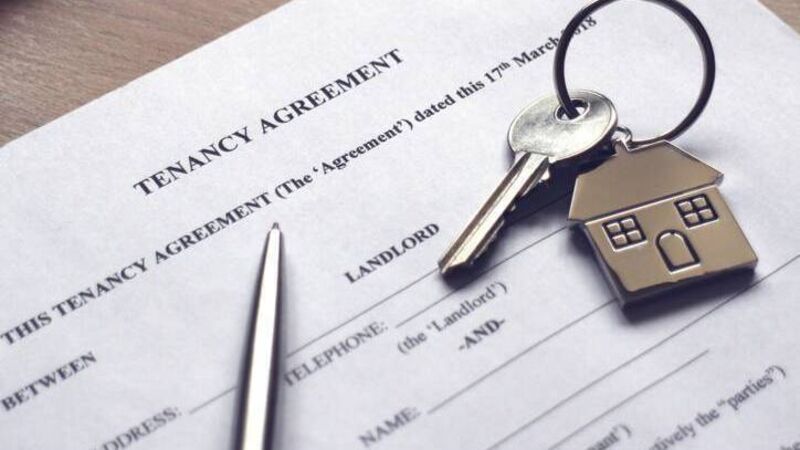Housing charity says landlords refusing to return deposits biggest issue for renters

Threshold’s national advocacy manager Ann-Marie O’Reilly said the 'unlawful retention of rental deposits is a well-documented issue, and one with a proven solution, that is already in operation in other countries like the UK.'
Renters' deposits should be lodged with a third party for the duration of a lease, a housing charity has told TDs and senators.
Threshold has presented a draft bill for the establishment of a deposit protection scheme to Oireachtas members, saying the scheme would address the single most common reason for contacts to the Residential Tenancies Board (RTB).













